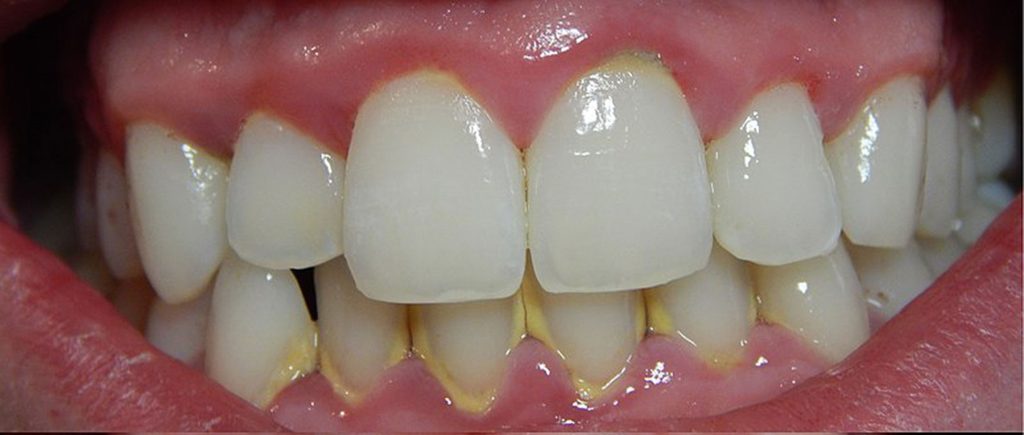Why Does Google Always Say I Have Cancer
Why Does Google Always Say I Have Cancer The next time you experience an unusual health symptom, chances are you’ll turn to Google before heading to the doctor’s office. You’re not alone in consulting “Dr. Google” for health answers. When asked where they obtain health information, 26.2% of the public admitted to relying on Google’s top search results.
While Googling symptoms might seem convenient and offer a sense of reassurance that your issue isn’t severe, it’s important to understand that the results aren’t always accurate. In fact, relying on online symptom checkers can lead to various pitfalls and concerns.
Here are eight real-world examples that illustrate why you should think twice before Googling your symptoms:
1. The Tumor Turmoil
- An exhausted woman mistakenly self-diagnosed herself with a brain tumor due to fatigue.
- Weeks of needless worry and expensive tests followed.
- Diagnosis: Slight anemia, easily treatable with an iron supplement.
2. The Liver Cancer Faux Pas
- A woman’s MRI revealed liver nodules with an uncertain cause.
- A Google search led her to believe she had liver cancer.
- Weeks of unnecessary panic ensued.
- Diagnosis: Benign liver spots.
3. Not Everything on TV is Real
- A teenager watched “House M.D.” and convinced herself she had kidney failure due to a “palpable” kidney.
- A clinic visit revealed her kidney was fine; the palpable area was her love handles.
Read More : When A Cancer Woman Is Done With You
4. The One Time WebMD Doesn’t Say Cancer
- WebMD suggested nearly 100 possible conditions for a woman’s symptoms, excluding cancer.
- Thyroid cancer wasn’t on the list.
- Diagnosis: Thyroid cancer, eventually detected after multiple doctor visits.
5. Trouble Breathing: Lung Cancer or Anxiety
- A man became obsessed with the belief that his lung pain was lung cancer.
- Repeated visits to the doctor and scans followed.
- Diagnosis: Health anxiety, not lung cancer.
6. Anthrax Attack and Panic Attacks
- A man believed he had anthrax after experiencing flu-like symptoms during the anthrax attacks.
- Online research exacerbated his fears.
- Diagnosis: No anthrax, just public panic.
7. Tired of False Diagnosis
- A woman struggled with fatigue and self-diagnosed with chronic fatigue online.
- She wasted time and money on supplements that didn’t help.
- Diagnosis: Anemia, treatable with the right supplements.
8. I Think I Have That, Too
- A Facebook user read about a friend’s multiple sclerosis and ended up on a message board about early symptoms.
- Self-diagnosis led to expensive and invasive tests.
- Diagnosis: No illness, just heightened anxiety.
While seeking health information online can sometimes guide patients in the right direction, excessive research often leads to unwarranted stress, self-treatment attempts, unnecessary doctor visits, and invasive testing. Doctors prefer to avoid unnecessary procedures, but some patients insist on them due to self-diagnoses.
Read More : How I Healed My Mother Skin Cancer At Home
It’s crucial to strike a balance. If you encounter unusual symptoms, consider consulting a healthcare professional rather than relying solely on internet searches. A trained specialist can provide a more accurate diagnosis than self-diagnosis or online information.




